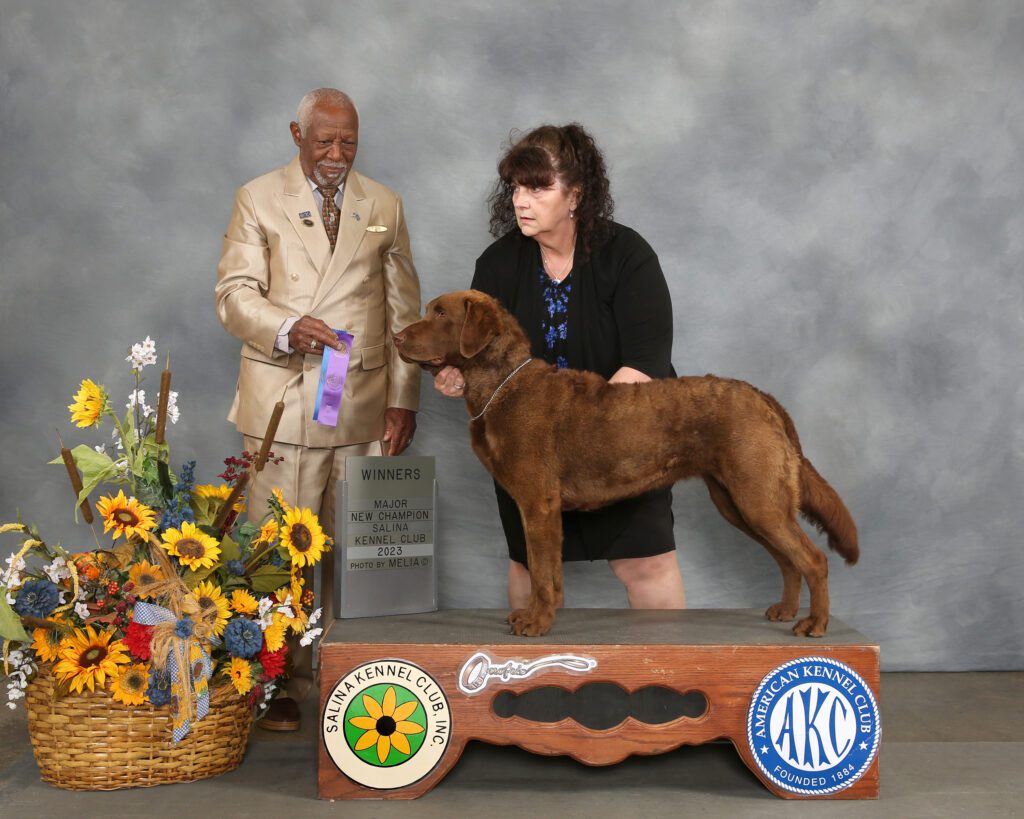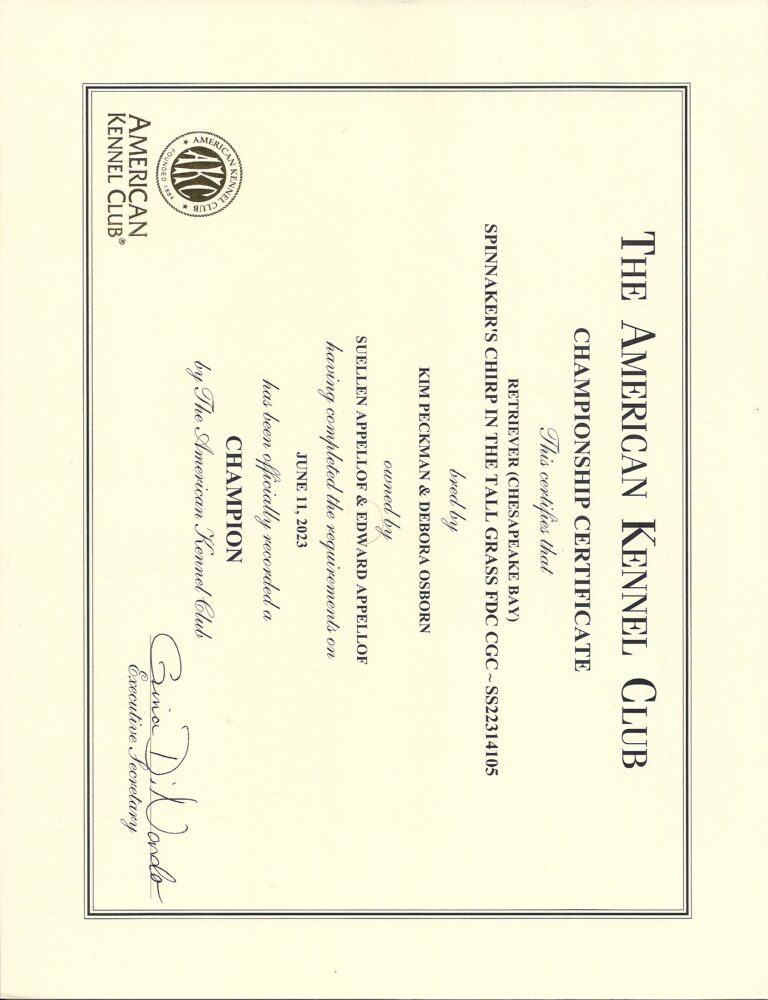Not all breeders are created equal. There are good breeders and bad breeders, and it is important to do your research before you choose a breeder.
A good breeder will be knowledgeable about the breed, health testing their dogs and socializing their puppies. A good breeder will have just as many questions for you as you have for them.
A bad breeder will be more interested in making a sale and less interested in the welfare of their dogs.
Preservation breeder: is dedicated to preserving the genetic diversity of a particular breed. They do this by carefully selecting the parents of their puppies, with the goal of producing dogs that are healthy, sound, and true to the breed standard.
Hobby breeder: These breeders are typically passionate about their breed and are dedicated to producing healthy, well-socialized puppies. They may only breed a litter or two per year and take great care in selecting the parents.
Professional breeders: These breeders are also dedicated to producing healthy, well-socialized puppies, but they may breed more frequently than hobby breeders. They often have a larger kennel and may show their dogs in conformation events.
Backyard breeders: These breeders may be motivated by profit or just may not have the knowledge or experience necessary to breed healthy dogs. These are often the “oops” litters and may be mixed breeds or even unknown parentage. They may also keep their dogs in less-than-optimum conditions.
Puppy mills: These are large-scale commercial breeding operations that often prioritize profit over the welfare of the dogs. Puppy mill dogs are often kept in cramped, unsanitary conditions and may be subjected to neglect or abuse. Many of the puppies in Pet Stores come from these “Wholesale Breeders”.
It is important to do your research before choosing a dog breeder, as the type of breeder you choose can have a significant impact on the health and well-being of your puppy. Here are some tips for finding a responsible breeder:
By following these tips, you can increase your chances of finding a responsible breeder who will provide you with a healthy, well-socialized puppy.


